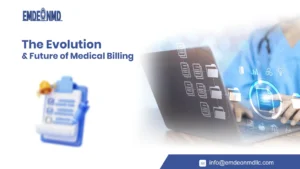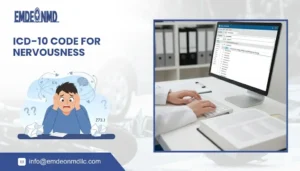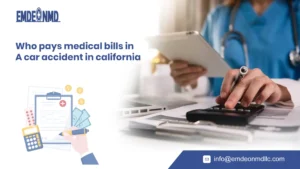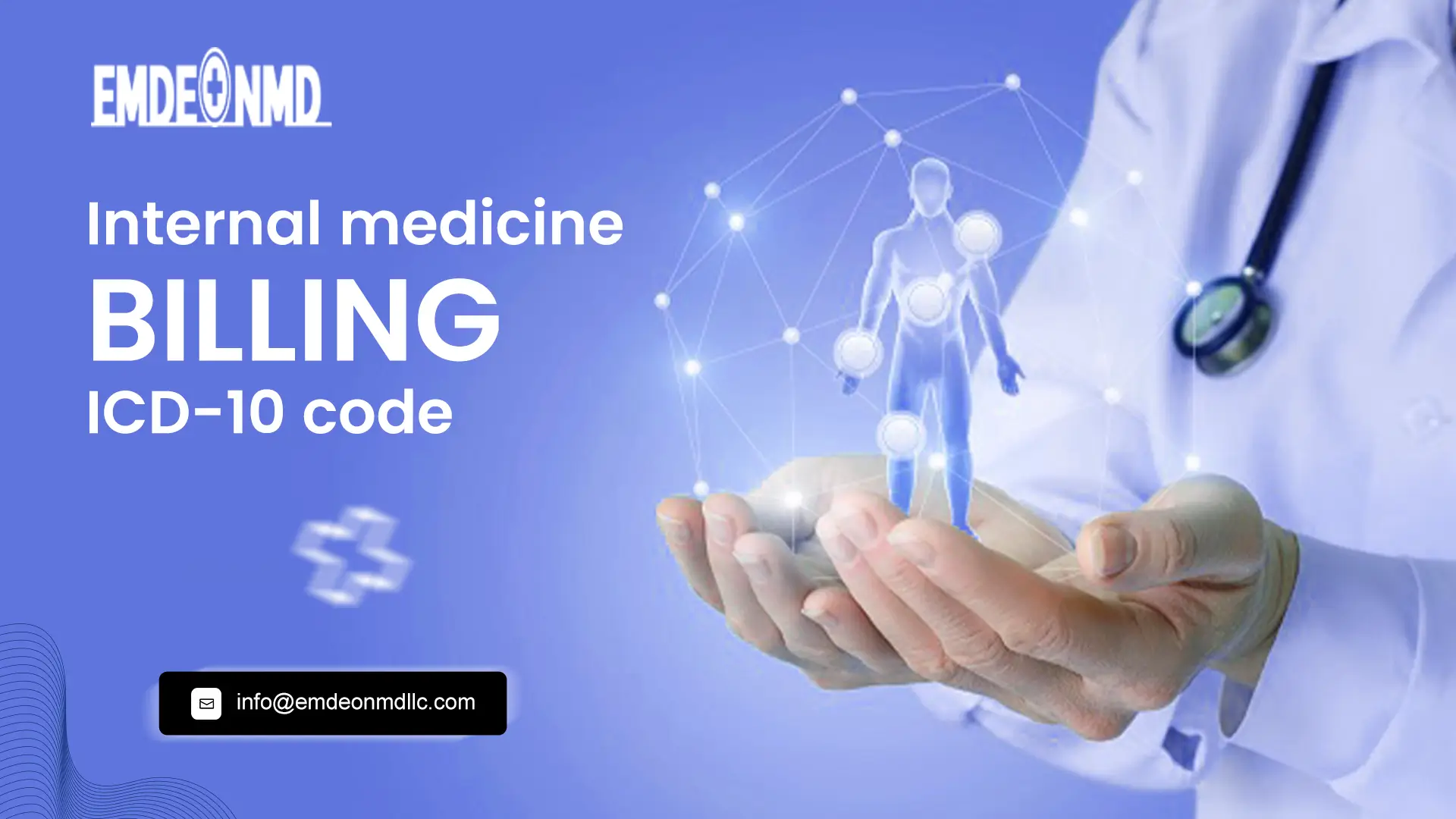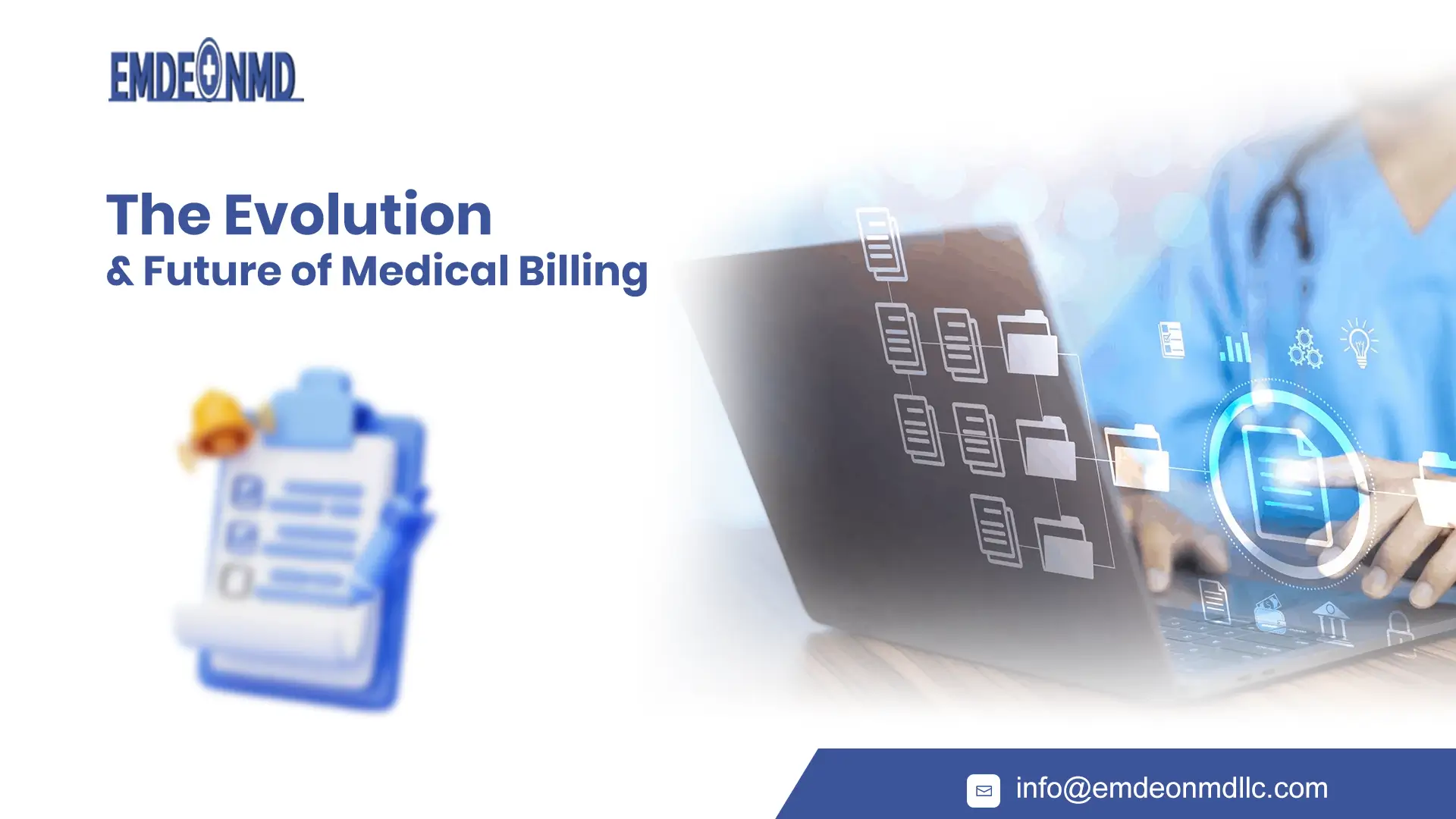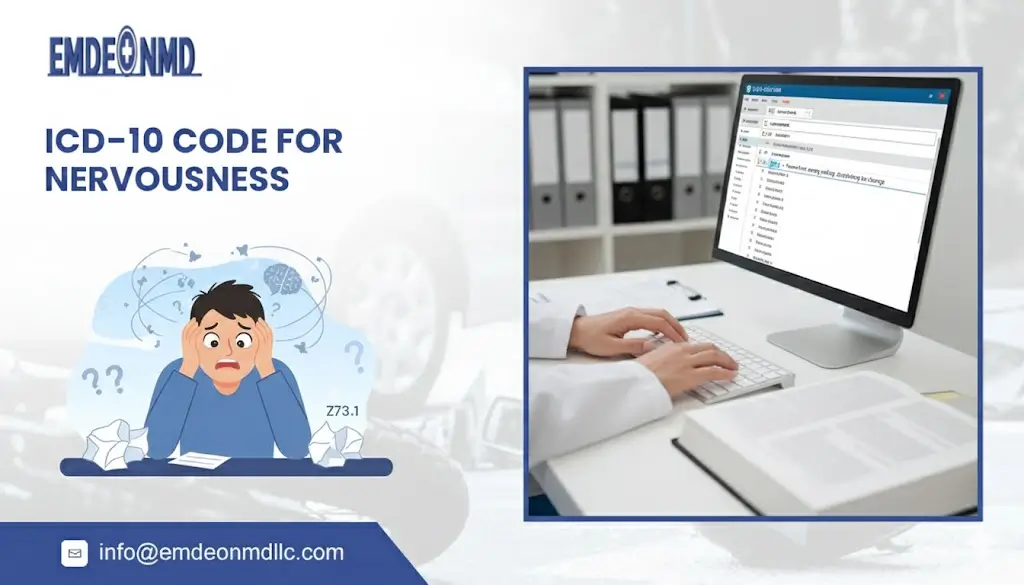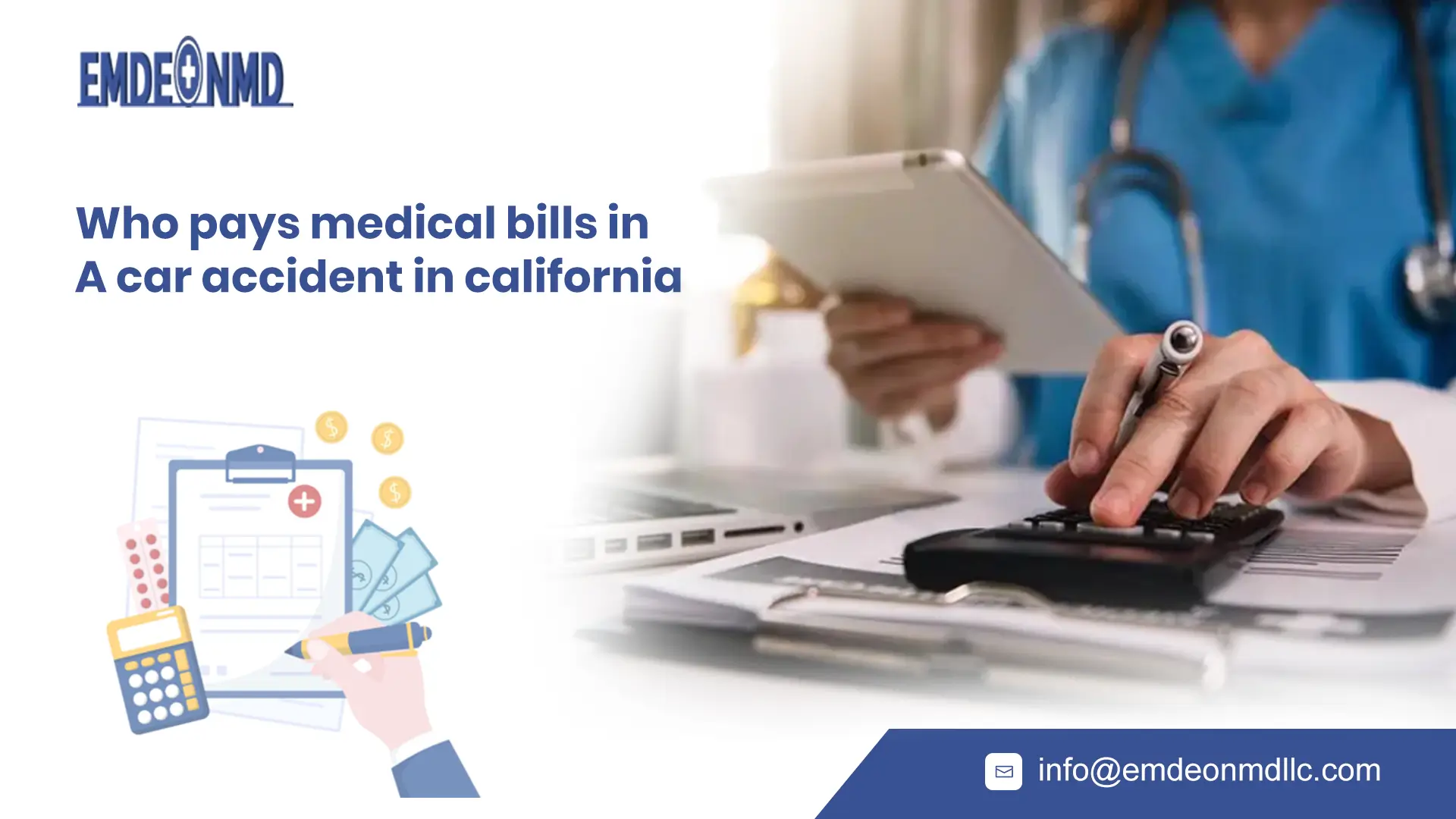Introduction
In the rapidly evolving landscape of healthcare, protecting patient information is more crucial than ever. The Health Insurance Portability and Accountability Act (HIPAA) sets the standards for safeguarding sensitive patient data, including during medical billing processes. Compliance with HIPAA is not just a legal obligation but also an ethical responsibility that fosters trust between healthcare providers and patients. This article delves into the significance of HIPAA compliance in medical billing, outlining best practices, challenges, and the role of technology.
Table of Contents
Understanding HIPAA and Its Relevance to Medical Billing
HIPAA was enacted in 1996 to improve the efficiency and effectiveness of the healthcare system, primarily through the protection of patient information. It comprises several components, including the Privacy Rule and the Security Rule, both of which have direct implications for medical billing practices.
- Privacy Rule: This aspect of HIPAA governs how healthcare providers, payers, and their business associates handle protected health information (PHI). Medical billing must ensure that patient data is accessed and shared only by authorized personnel.
- Security Rule: This rule establishes the technical and physical safeguards required to protect electronic PHI (ePHI). Medical billing processes must implement adequate security measures to protect patient data from unauthorized access, breaches, and other risks.
Key Components of HIPAA Compliance in Medical Billing
Training and Education
Ensuring that all staff involved in medical billing are trained on HIPAA regulations is critical. Regular training sessions can keep employees informed about the latest compliance requirements, privacy practices, and the importance of safeguarding patient information.
Access Controls
Implementing strict access controls is essential to limit who can view and handle PHI. This includes using role-based access systems that allow only authorized personnel to access sensitive data. By doing so, healthcare organizations can reduce the risk of data breaches.
Data Encryption
Data encryption is a critical security measure in medical billing. Encrypting ePHI ensures that even if data is intercepted or accessed without authorization, it remains unreadable and secure. Both data at rest (stored data) and data in transit (data being transmitted) should be encrypted.
Secure Communication Channels
When transmitting billing information, healthcare providers should use secure communication channels, such as encrypted email or secure file transfer protocols. This practice reduces the risk of exposing patient information during the billing process.
Regular Audits and Assessments
Conducting regular audits and assessments of medical billing practices can help identify vulnerabilities in compliance efforts. These audits should evaluate adherence to HIPAA regulations, assess the effectiveness of security measures, and address any identified weaknesses promptly.
Business Associate Agreements (BAAs)
Healthcare providers often work with third-party billing companies or vendors. Establishing Business Associate Agreements (BAAs) is essential to ensure that these partners comply with HIPAA regulations. A BAA outlines the responsibilities of both parties regarding the handling of PHI and the security measures required.
Challenges in Maintaining HIPAA Compliance
While the importance of HIPAA compliance is clear, numerous challenges can arise during the medical billing process:
- Complexity of Regulations: Navigating the intricate HIPAA regulations can be overwhelming for billing staff, especially in a constantly changing healthcare landscape.
- Rapid Technological Advancements: As technology evolves, so do the methods of potential data breaches. Keeping up with new security measures and compliance requirements can be challenging.
- Human Error: Even with the best policies in place, human error remains a significant risk factor. Inadvertent disclosures of patient information can occur, highlighting the need for continuous training and awareness.
The Role of Technology in Enhancing HIPAA Compliance
Advancements in technology can play a pivotal role in achieving HIPAA compliance in medical billing. Automated billing systems can enhance security by incorporating built-in safeguards, such as user authentication and data encryption. Moreover, artificial intelligence (AI) can help identify potential compliance risks by analyzing billing patterns and flagging anomalies.
Telehealth and electronic health records (EHR) systems also require robust security measures to protect patient data during billing processes. Integrating HIPAA-compliant technologies can streamline billing operations while ensuring the confidentiality and integrity of patient information.
Conclusion
HIPAA compliance in medical billing is not merely a regulatory requirement; it is a critical component of patient trust and safety in healthcare. By prioritizing training, implementing strict access controls, and leveraging technology, healthcare organizations can safeguard sensitive patient information and avoid costly breaches. As the healthcare industry continues to evolve, maintaining HIPAA compliance will remain essential for fostering a secure and trustworthy environment for both providers and patients.
FAQs
1. What is HIPAA, and why is it important for medical billing?
HIPAA, the Health Insurance Portability and Accountability Act, is a federal law designed to protect patient health information. In medical billing, HIPAA ensures that sensitive data is securely handled, preventing unauthorized access and safeguarding patient privacy.
2. What are the main components of HIPAA compliance in medical billing?
Key components include staff training on HIPAA regulations, implementing strict access controls, using data encryption, ensuring secure communication channels, conducting regular audits, and establishing Business Associate Agreements (BAAs) with third-party vendors.
3. What are the consequences of non-compliance with HIPAA in medical billing?
Non-compliance can lead to severe penalties, including hefty fines and legal action. Additionally, it can result in reputational damage and loss of patient trust, which are detrimental to healthcare organizations.
4. How can technology assist in maintaining HIPAA compliance in medical billing?
Technology can enhance HIPAA compliance through automated billing systems that include security features like encryption and user authentication. AI can also help monitor billing patterns for potential compliance risks, ensuring the protection of patient information.



